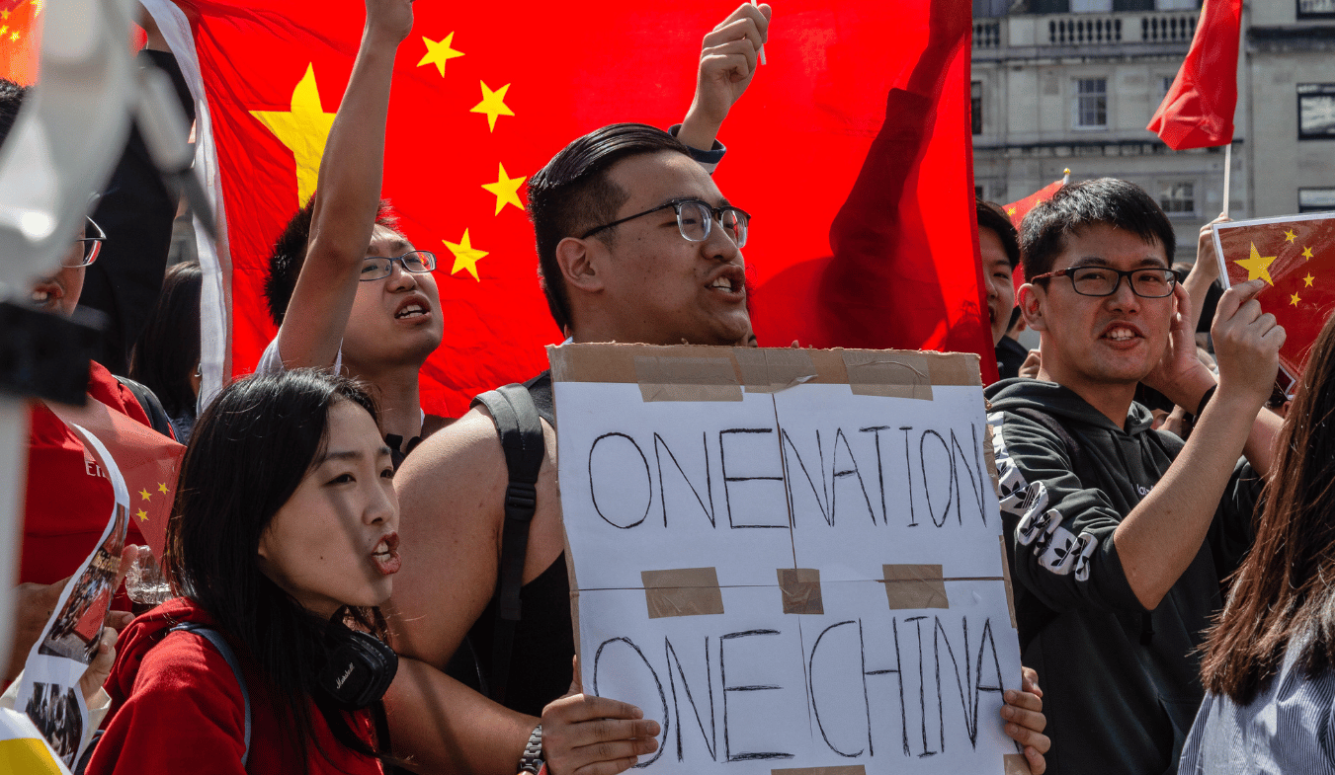Politics
Britain’s Golden Slumber
The British establishment’s China policy resembles a man periodically waking only to fall asleep again.

The barges on the miry river, the familiar streets, the posters telling of cricket matches and Royal weddings, the men in bowler hats, the pigeons in Trafalgar Square, the red buses, the blue policemen—all sleeping the deep, deep sleep of England, from which I sometimes fear that we shall never wake till we are jerked out of it by the roar of bombs.
~George Orwell, Homage to Catalonia (1938)
Nine years ago, Xi Jinping visited the United Kingdom. In scenes that have aged about as well as shares in Evergrande, one of the chief tyrants of our age was honoured with a 103-gun salute followed by a lavish banquet. The British political establishment was in raptures; Prime Minister David Cameron hymned the advent of a “golden era” in Sino-British relations. By 2018, more than 100,000 Chinese students were pouring into British universities every year. Many came to study new technologies and some came to steal these technologies. The UK became the primary destination for Chinese military scientists studying abroad: it was a process that the Communist Party called “picking flowers in foreign lands to make honey in China.”
Even as relations cooled, the lack of serious pushback ensured that Beijing only grew bolder. Before long, almost 200 British companies were controlled or part-owned by Chinese investors. Meanwhile, another 10,000 UK businesses are vulnerable to the Party’s industrial espionage. Hundreds of British academics were investigated on suspicion of helping the CCP to build weapons of mass destruction, having blithely handed over intellectual property relating to aircraft, cyberweapons, and missile designs. In the wake of those investigations, no major changes were made. Many of the Russell Group universities cultivated research relationships with Chinese manufacturers and universities linked to the military—research sponsored by the unwitting taxpayer. In the event of a war over Taiwan, it seems the United Kingdom may find that it has provided great assistance to the People’s Liberation Army.
And so we find ourselves in 2024, deep into the vaunted Golden Era. It’s not exactly what George Osborne imagined. The Britain–China relationship is now chiefly characterised by an almost-weekly string of national embarrassments. Most shockingly, three of the Party’s men recently forced their way into a UK residence, the home of members of the Hong Kong diaspora (a group the CCP monitors with an intense and possessive jealousy).





